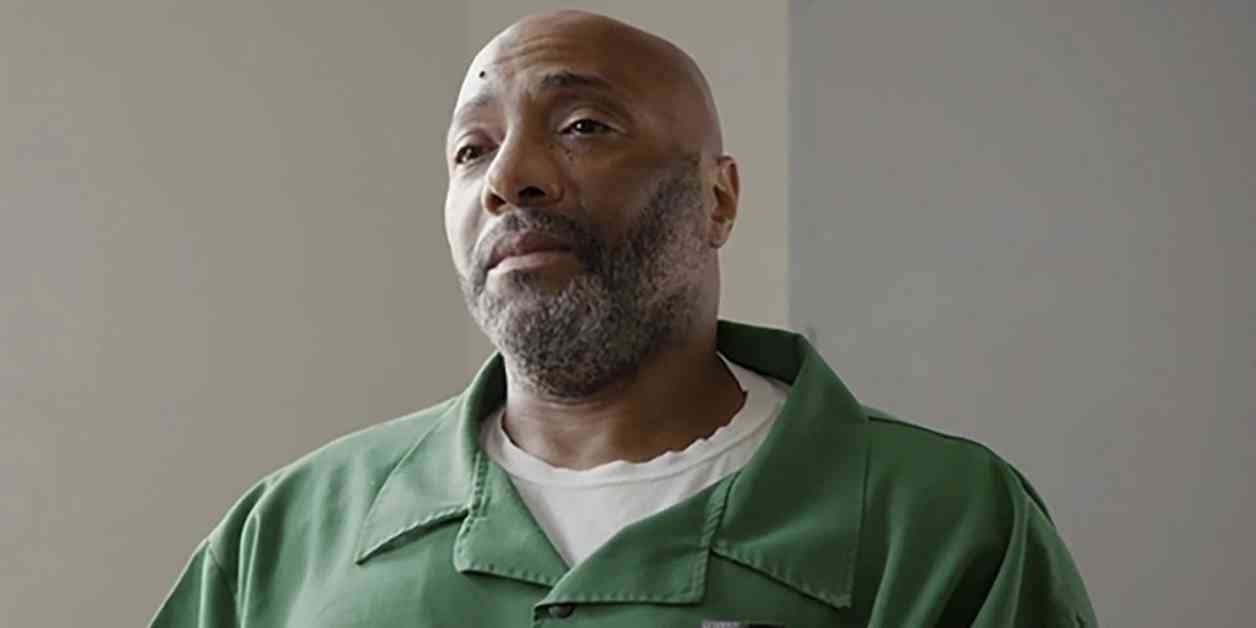Richard Moore, a South Carolina death row inmate, has a difficult decision to make before his scheduled execution on November 1st. He must choose between three options: a firing squad, lethal injection, or the electric chair. Moore, 59, was convicted of the murder of a convenience store worker, James Mahoney, in Spartanburg, South Carolina, back in September 1999. In addition to murder, Moore was found guilty of aggravated assault with the intent to kill, armed robbery, and a handgun violation in 2001.
Prison officials have informed Moore that if he does not make a decision by October 18th, he will be electrocuted in the state’s electric chair, which dates back to 1912. The electric chair was tested on September 3rd and found to be in working order. South Carolina has recently transitioned from using a three-drug mixture for lethal injections to using a single drug, the sedative pentobarbital.
The firing squad method has been an option in South Carolina since 2021, making it one of the few states, along with Mississippi, Oklahoma, Utah, and Idaho, that allow this form of execution. South Carolina Corrections Director Bryan Stirling has confirmed that three volunteers are trained and equipped to carry out the execution by firing squad if Moore chooses this method. These volunteers have been trained to shoot at a target placed in the heart from a distance of 15 feet (4.6 meters).
Since the reinstatement of the death penalty in the U.S. in 1976, South Carolina has executed 44 inmates. In the early 2000s, the state was averaging three executions per year. Moore is considering asking Republican Governor Henry McMaster for clemency and to commute his sentence to life without parole. It is worth noting that no South Carolina governor has ever granted clemency in a death penalty case.
This decision regarding Richard Moore’s method of execution has brought attention to the different options available in South Carolina and the ongoing debate surrounding the death penalty in the United States. The ethical implications of these methods and the impact on the individuals involved are important aspects to consider in this discussion. As the deadline approaches, Moore’s fate hangs in the balance, and the final decision will have far-reaching consequences for all parties involved.




